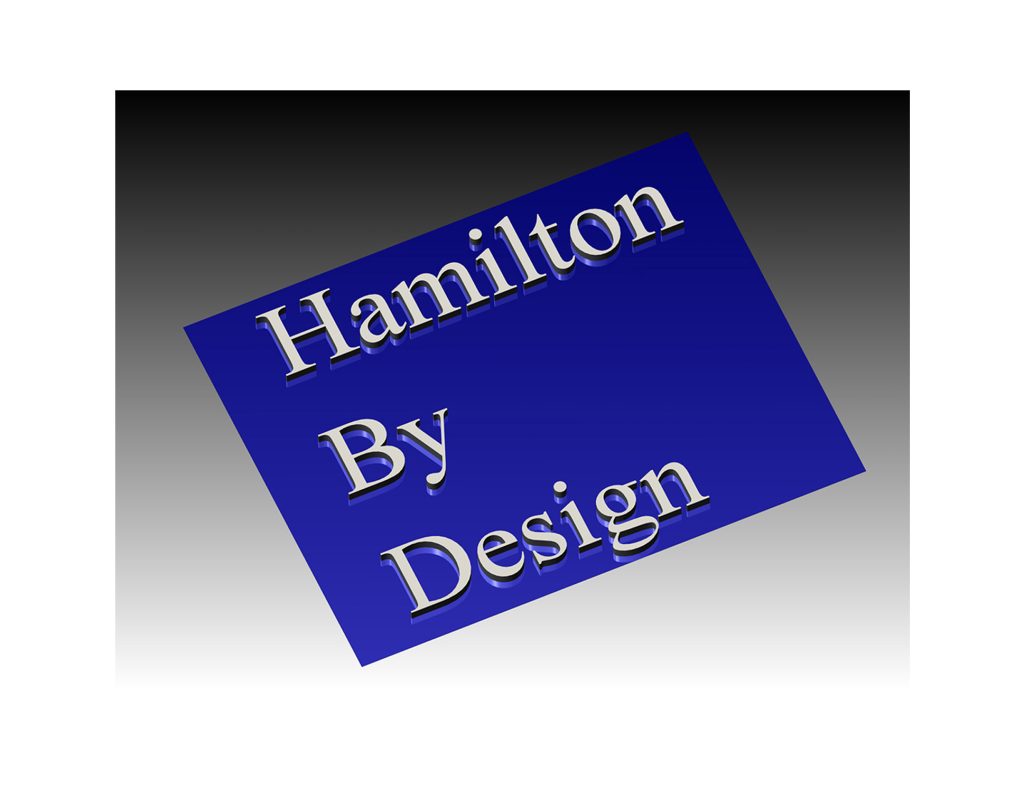At Hamilton By Design, we know that keeping your equipment running efficiently isn’t just about quick fixes; it’s about adopting the right maintenance strategies to ensure long-term reliability and performance. With advancements in condition monitoring and diagnostic techniques, the ISO 18436.2 standard has become a cornerstone for effective maintenance practices—and it’s at the heart of how we help our clients optimize their operations.
In this blog post, we’ll explore the major maintenance strategies aligned with ISO 18436.2 and how they can transform your plant’s productivity.
What is ISO 18436.2?
ISO 18436.2 is an internationally recognized standard that defines the competencies required for personnel performing condition monitoring and diagnostics. It focuses on advanced tools like vibration analysis, helping engineers identify equipment issues before they lead to costly downtime.
At Hamilton By Design, our team is ISO 18436.2-certified, meaning we bring the highest level of expertise to your maintenance needs.
Maintenance Strategies That Deliver Results
ISO 18436.2 aligns with several key maintenance strategies designed to improve reliability, minimize downtime, and optimize equipment performance. Here’s how they work:
1. Reactive Maintenance
Reactive maintenance is the traditional “run-to-failure” approach where repairs are made after a breakdown. While not ideal for critical assets, tools like vibration analysis can still play a role by identifying root causes post-failure. This can help inform more proactive strategies in the future.
2. Preventive Maintenance (PM)
Preventive maintenance involves scheduling regular maintenance tasks to prevent failures. While effective to some extent, PM can lead to over-maintenance. By incorporating vibration analysis and other condition monitoring techniques, preventive measures can be more precisely targeted, reducing unnecessary downtime.
3. Condition-Based Maintenance (CBM)
Condition-Based Maintenance uses real-time equipment data to identify issues as they arise. This strategy is central to ISO 18436.2 and includes tools like vibration analysis, thermography, and ultrasonic testing. CBM ensures that maintenance is performed only when necessary, saving time and money.
Benefits:
- Reduces unplanned downtime.
- Optimizes maintenance schedules.
- Extends equipment lifespan.
4. Predictive Maintenance (PdM)
Predictive Maintenance takes CBM a step further, using data trends and analytics to predict when failures are likely to occur. With the expertise of ISO 18436.2-certified personnel, PdM uses advanced tools to detect subtle signs of wear or stress, allowing for intervention before a problem becomes critical.
Key Tools:
- Vibration analysis for early detection of imbalance or misalignment.
- Infrared thermography to spot heat anomalies.
- Ultrasonic testing to identify leaks and material defects.
5. Reliability-Centered Maintenance (RCM)
RCM focuses on understanding the specific failure modes of critical assets and tailoring maintenance strategies accordingly. This approach integrates condition monitoring insights to prioritize tasks that align with operational goals.
Benefits:
- Aligns maintenance efforts with production priorities.
- Reduces the risk of unexpected equipment failures.
6. Proactive Maintenance
Proactive maintenance identifies and addresses root causes of recurring issues. By analyzing data from vibration and other diagnostic tools, engineers can resolve underlying problems like misalignment, improper lubrication, or material fatigue.
Impact:
- Prevents repetitive failures.
- Improves long-term equipment reliability.
7. Total Productive Maintenance (TPM)
TPM involves a plant-wide effort, from operators to management, to ensure optimal equipment effectiveness. ISO 18436.2-certified personnel can support TPM by providing actionable condition monitoring insights and training operators in basic diagnostic techniques.
How Hamilton By Design Helps
At Hamilton By Design, we bring these strategies to life through tailored maintenance solutions that align with your plant’s needs. Here’s how we can help:
1. Advanced Condition Monitoring:
Our team uses state-of-the-art tools to monitor equipment health, including vibration analysis, thermography, and ultrasonic testing.
2. Tailored Maintenance Plans:
Every plant is unique. We develop maintenance strategies based on your specific equipment, production goals, and operational priorities.
3. Expert Training and Certification:
We empower your team by offering ISO 18436.2 training, giving them the skills to sustain and enhance maintenance programs.
4. Ongoing Support:
Maintenance is a journey, not a destination. We provide continuous support to refine and optimize your practices as your operations evolve.
The Hamilton By Design Advantage
Adopting advanced maintenance strategies aligned with ISO 18436.2 isn’t just about improving equipment reliability—it’s about unlocking greater productivity and profitability for your business.
With our expertise, you can transition from reactive to predictive maintenance, reduce unplanned downtime, and extend the lifespan of your critical assets.
Ready to take your plant’s maintenance strategy to the next level? Contact Hamilton By Design today to find out how we can help.

Visit us at: www.hamiltonbydesign.com.au
Email us: info@hamiltonbydesign.com.au
Call us: +61 0477 002 249
Hamilton By Design | Transforming Maintenance | Elevating Performance | Mechanical Engineering

